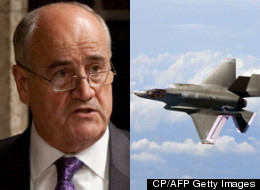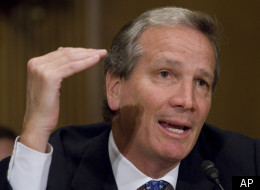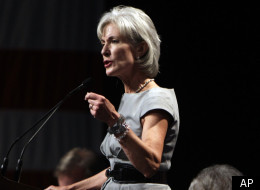Ottawa - The Council of Canadians announced today that it is
canvassing its members and other Canadians to determine the extent to
which the “robo-calls” and other dirty tricks during the May 2011
federal election may have undermined basic democratic principles in
ridings across the country.
“We are deeply concerned about the recent media reports that many voters were misled, harassed or otherwise subjected to dirty tricks that may have impaired their ability to freely cast their ballots. While we applaud the fact that all parties are urging Elections Canada to investigate these serious allegations, we believe the victims here are the electors. We intend to find out from them the full extent of the nefarious campaigns,” said Garry Neil, Executive Director of the Council of Canadians.
Members of the Council of Canadians are committed to preserving Canadian democracy. Being able to participate freely in elections is at the very heart of that democracy. To ensure the widest possible input, the Council is partnering with other social justice groups, including Leadnow and others, and thus the survey questionnaire will be made available to a significant number of Canadians in each of the affected ridings.
“The Council is committed to ensuring that victims of electoral dirty tricks understand their right to defend their democratic franchise, including by making an application to the Court to have the election in their riding declared null and void under the Canada Elections Act” said Steven Shrybman, a public interest lawyer who is legal counsel to the Council of Canadians in this matter.
“All Canadians should be concerned if the rights of any of them to freely participate in an election have been impaired. We invite Canadians who were affected by any of these dirty tricks to contact us immediately,” concluded Mr. Neil.
The Council of Canadians is Canada’s largest social justice organization, with 75,000 supporters from coast to coast.
For more information:
Dylan Penner, media officer, Council of Canadians, 613-795-8685, dpenner@canadians.org
Twitter: @CouncilOfCDNs, Facebook
Original Article
Source: canadians.org
Author: --
“We are deeply concerned about the recent media reports that many voters were misled, harassed or otherwise subjected to dirty tricks that may have impaired their ability to freely cast their ballots. While we applaud the fact that all parties are urging Elections Canada to investigate these serious allegations, we believe the victims here are the electors. We intend to find out from them the full extent of the nefarious campaigns,” said Garry Neil, Executive Director of the Council of Canadians.
Members of the Council of Canadians are committed to preserving Canadian democracy. Being able to participate freely in elections is at the very heart of that democracy. To ensure the widest possible input, the Council is partnering with other social justice groups, including Leadnow and others, and thus the survey questionnaire will be made available to a significant number of Canadians in each of the affected ridings.
“The Council is committed to ensuring that victims of electoral dirty tricks understand their right to defend their democratic franchise, including by making an application to the Court to have the election in their riding declared null and void under the Canada Elections Act” said Steven Shrybman, a public interest lawyer who is legal counsel to the Council of Canadians in this matter.
“All Canadians should be concerned if the rights of any of them to freely participate in an election have been impaired. We invite Canadians who were affected by any of these dirty tricks to contact us immediately,” concluded Mr. Neil.
The Council of Canadians is Canada’s largest social justice organization, with 75,000 supporters from coast to coast.
Dylan Penner, media officer, Council of Canadians, 613-795-8685, dpenner@canadians.org
Twitter: @CouncilOfCDNs, Facebook
Original Article
Source: canadians.org
Author: --






































